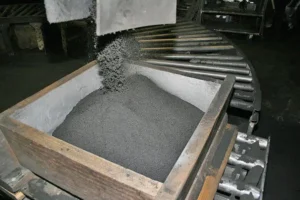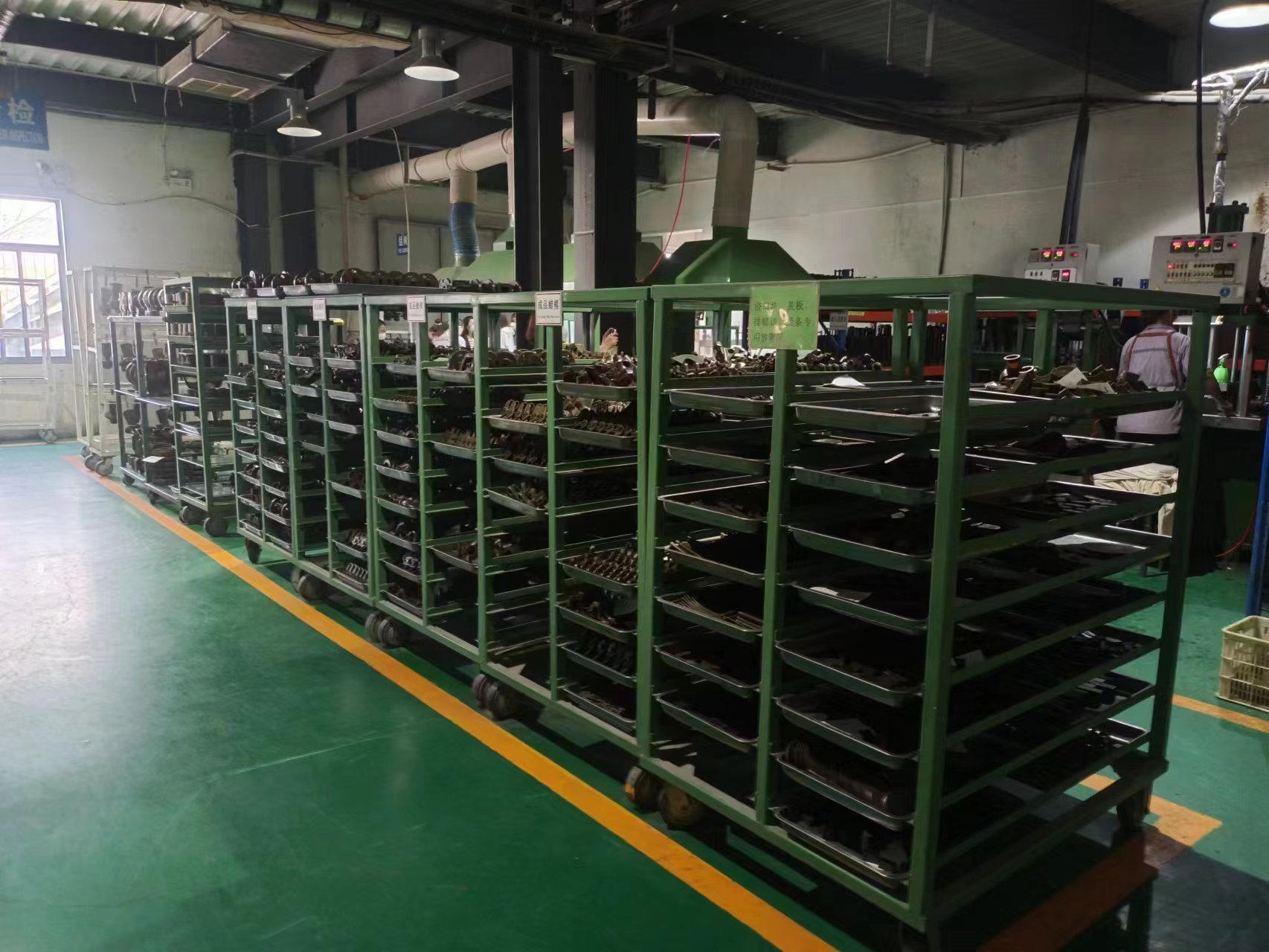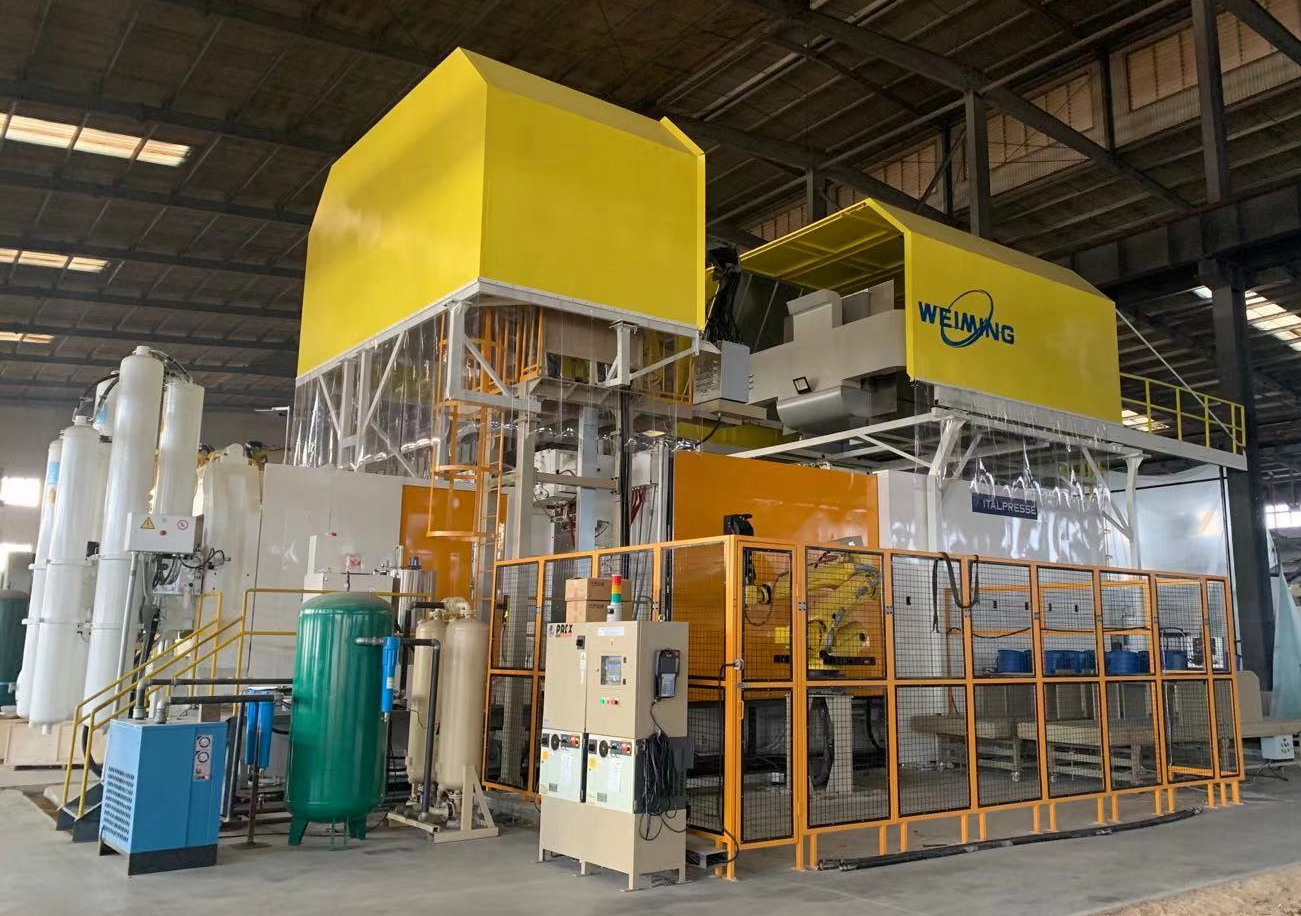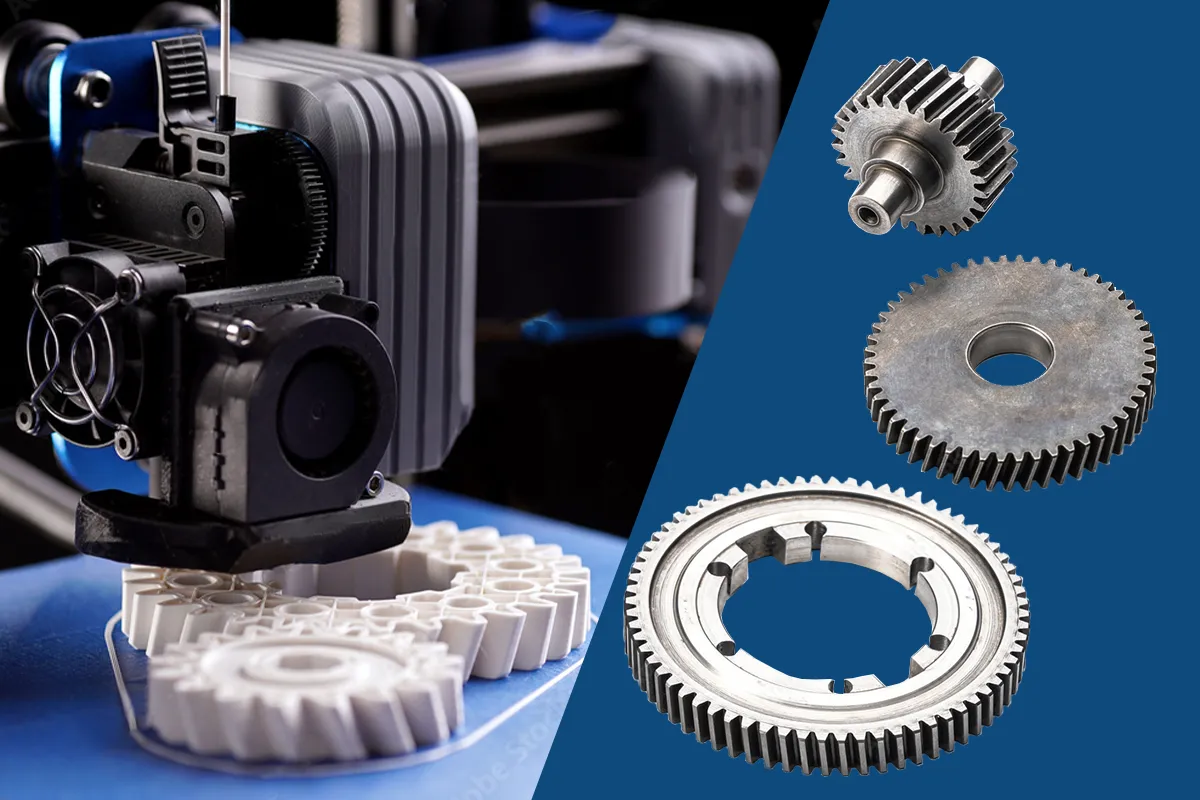
Here’s a concise yet comprehensive explanation of casting mold/die life:
Casting Mold/Die Life
Definition: The number of quality castings a mold can produce before failure (cracks, wear, deformation) or requiring major repair.
Key Terms by Process:
Die Casting / Permanent Mold Casting:
Die Life (e.g., “This die achieved 150,000 shots before failure”).
Measured in cycles/shots.
Sand Casting / Investment Casting:
Mold Life (focuses on reusable patterns/core boxes).
Sand molds: Often single-use; life refers to pattern tooling.
Primary Failure Mechanisms:
Thermal Fatigue (Heat Checking):
Repeated heating/cooling cycles → surface cracks (“crazing”).
#1 cause of die failure in high-pressure die casting.
Erosion & Abrasive Wear:
Molten metal flow wears down surfaces (esp. gates/risers).
Accelerated by high-velocity injection or abrasive alloys (e.g., Al-Si).
Soldering (Die Sticking):
Alloy adhesion to die surfaces → surface damage during ejection.
Common with aluminum/copper alloys.
Corrosion/Oxidation:
Chemical reactions degrade steel (e.g., zinc penetration in Zn die casting).
Mechanical Stress:
Clamping forces/injection pressure → deformation or cracking.
Factors Influencing Lifespan:
| Factor | Impact |
| Mold Material | H13 tool steel (standard); premium grades (e.g., Maraging steel) extend life. |
| Casting Alloy | Higher melting points (e.g., Cu/Fe) reduce life vs. Al/Zn. |
| Cooling Design | Efficient cooling reduces thermal stress → delays heat checking. |
| Surface Treatments | Nitriding, TiN coating, PVD → enhance wear/soldering resistance. |
| Process Parameters | High injection speed/temperature → accelerated degradation. |
| Maintenance | Regular cleaning, polishing, TIG welding repairs → prolongs service. |
Typical Lifespan Ranges:
High-Pressure Die Casting (Al): 50,000–200,000 shots
Gravity Die Casting (Al): 10,000–50,000 cycles
Sand Casting Patterns: 500,000+ castings (with proper upkeep)
Investment Casting Wax Patterns: 100–1,000 uses
Maximizing Mold Life:
Design: Avoid sharp corners; uniform wall thickness.
Process Control: Optimize pouring temp, cycle time, lubrication.
Preventive Maintenance: Scheduled inspections, surface refinishing.
Advanced Solutions: Conformal cooling channels, additive-manufactured inserts.
Key Metric: Cost per casting often matters more than absolute life – balancing die longevity, part quality, and maintenance costs is critical.





